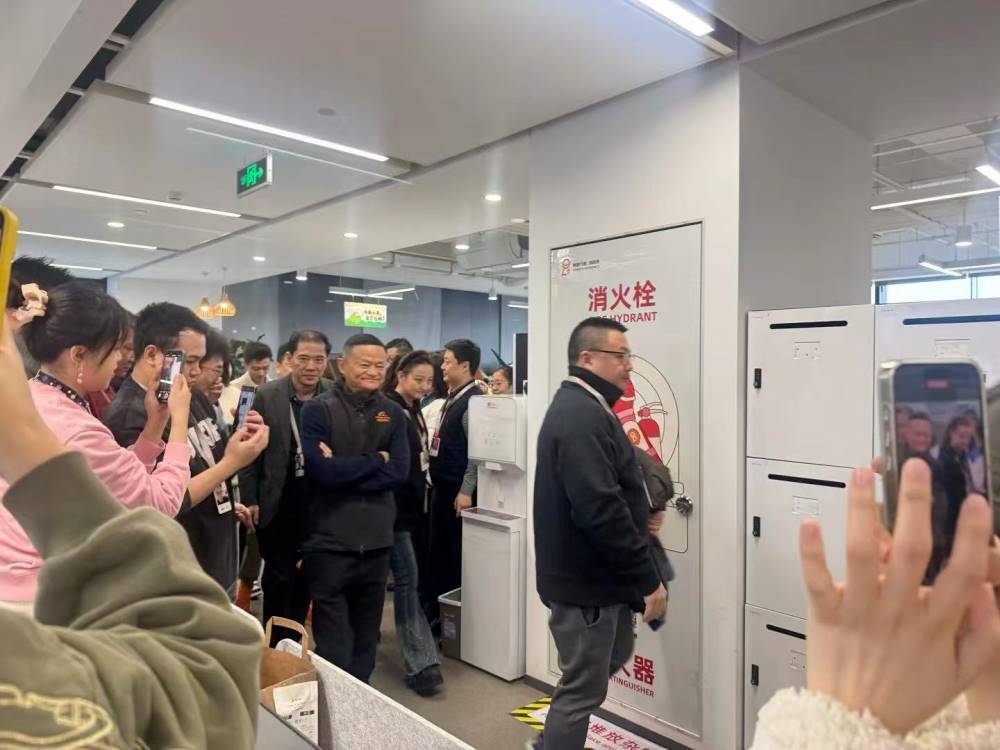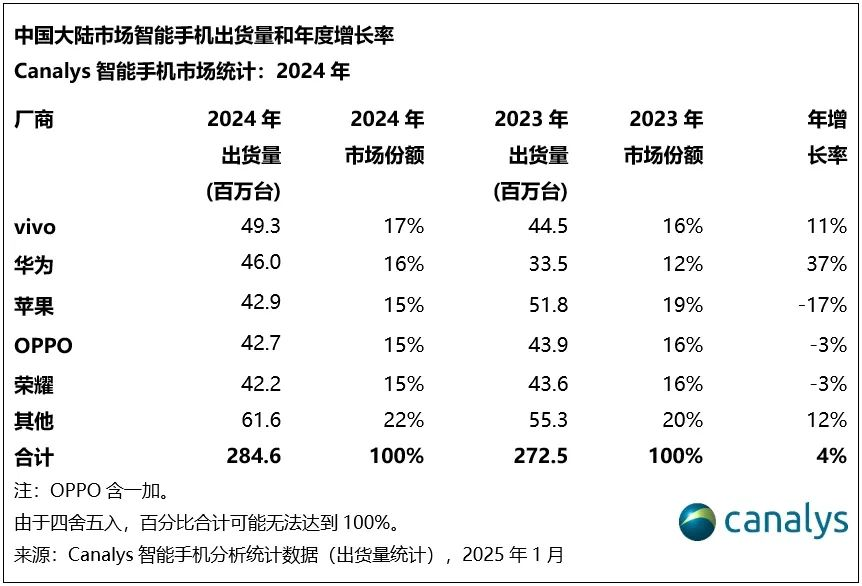Alibaba partners with Apple, which is not so-called "snatching."
Author: kiki, Silicon-based Research Lab

Image source: Generated by Wujie AI
The highly anticipated "China AI partner" for Apple has ultimately landed with Alibaba.
According to a recent report from The Information, Apple has recently collaborated with Alibaba Group to launch "Apple Intelligence" in China. The report indicates that both parties have submitted their jointly developed AI features to Chinese cyberspace regulatory authorities for approval.
Currently, the relevant policies and regulations regarding the filing and approval of AI products in China include the "Interim Measures for the Management of Generative Artificial Intelligence Services," "Regulations on the Management of Algorithm Recommendations for Internet Information Services," and "Regulations on the Management of Deep Synthesis for Internet Information Services." A person familiar with the filing and approval of large models told the "Silicon-based Research Lab" that before AI products and services go live, companies primarily need to conduct algorithm filings and pass security assessments. From the approval process perspective, it requires local preliminary review and central final review.
If we follow this progress, the collaboration between Apple and Alibaba has achieved a key landing. Additionally, Cook revealed in a previous conference call that "AI is expected to land in China this April," which also means that the timeline for the AI iPhone equipped with domestic AI large models can be anticipated.
It seems to be some kind of coincidence.
Before the news broke, the usually low-profile Alibaba founder Jack Ma suddenly "appeared" at Alibaba's Hangzhou campus. Looking back, his most critical judgment regarding Alibaba and future business changes is still "AI" — "AI will change everything, but that does not mean AI can decide everything. Technology is certainly important, but what will truly determine the outcome in the future is what we have done today that is genuinely valuable and different for this upcoming era," said Jack Ma.

Apple's choice of Alibaba is not a coincidence.
In fact, starting from 2023, Apple began testing different domestic models, with no less than seven companies rumored to be in a "marriage" with Apple, including major firms like Baidu and ByteDance, as well as startups like Baichuan Intelligence, Dark Side of the Moon, and DeepSeek, but none of these collaborations materialized. Before the news broke, industry insiders mentioned that the options left for Apple were limited.
Alibaba's partnership with Apple is also not so-called "snatching" — in the competition for large models in China, Alibaba, with its "cloud + model + application" logic, has almost not missed any key nodes, whether in underlying model capabilities, open-source ecosystem construction, or external investments.

The collaboration between Apple and Alibaba is not surprising.
According to a previous report from The Information, Apple had chosen Baidu as its main partner last year, but due to Baidu's progress in developing models for "Apple Intelligence" not meeting Apple's standards, the collaboration faced challenges. Apple also considered DeepSeek but ultimately abandoned the partnership with the DeepSeek team.
To understand why Apple chose Alibaba, one must first understand what the so-called "Apple standards" are.
First, it is the underlying model capabilities. In evaluating multiple domestic AI models, Apple's goal is to find a large model that better understands the intentions of Apple's end devices — the large model should be able to provide targeted personalized answers based on the user's iPhone usage, offering customized services, which poses a greater challenge to the development and engineering capabilities of domestic model vendors (such as building high-quality datasets).
For Alibaba, targeting the consumer end, on one hand, it is familiar with user shopping and payment habits, possessing richer data; on the other hand, among domestic large models, Alibaba's Tongyi large model has also attracted attention for its foundational model capabilities.
Secondly, the response speed and experience in serving large clients, which is also an advantage of large companies, is a disadvantage for startups like DeepSeek.
Furthermore, a good reputation and brand image among users and developers, thanks to Alibaba Cloud's insistence on open-source and the group's "return to user value."
Lastly, there is an understanding of the ecosystem, which may also explain why Apple did not partner with Tencent; the two closed ecosystems are bound to face more competition. In contrast, the relationship between Apple and Alibaba is much "simpler and friendlier."
With model capabilities, advantages of large companies, a good reputation, and an understanding of the ecosystem, Alibaba is Apple's best choice.

From the impact of the collaboration, the biggest beneficiary is undoubtedly Alibaba, whose stock price rose in response to the announcement of the partnership.
For Alibaba, the "marriage" with Apple presents three opportunities: first, to endorse its technology and brand; second, to collaborate with Alibaba Cloud to boost its cloud computing market share; and third, to leverage Apple's hardware entry and scenarios to further optimize model performance, potentially leading to new business models.
For Apple, collaborating with Alibaba is also a response to the competition from domestic smartphone brands like Huawei, addressing the more intense localized battle, and alleviating pressure in the Chinese market with an uncut AI phone.
We previously mentioned in “Cook's Snake Year Did Not Start Strong” that the first task for Apple and Cook is to secure the Chinese market.
According to data released by Canalys, in the mainland Chinese market over the past year, based on shipment volume, vivo ranked first with a 17% share, followed closely by Huawei, while Apple ranked third. Leveraging localized "Apple Intelligence" to penetrate the Chinese market is undoubtedly what Cook wants to see.

With the entry of "Apple + Alibaba," domestic AI phones are expected to usher in a new round of "camp battles" by 2025, with Samsung previously announcing that its latest phone, the Galaxy S25, will feature the Agentic GLM model capabilities from Zhipu AI, and Xiaomi having reached a partnership with ByteDance.

Although the collaboration between Apple and Alibaba seems like a match made in heaven, the deep integration of the two ecosystems may also face numerous challenges.
For instance, Apple's requirements for edge AI are extremely stringent. According to Alibaba Cloud's technical white paper from March 2024, Tongyi Qianwen reduced the parameter count from 7B to 2.2B through structured pruning (a 68% reduction). However, according to Geek Park's real-world testing data, its FP16 precision model occupies 2.1GB of memory on the iPhone 15 Pro, and tests by Machine Heart show that the first round of inference has a delay of 0.62 seconds, still exceeding Apple's Core ML recommended standards (≤1.5GB/≤0.4 seconds).
Another challenge is how to balance the respective ecosystems of Alibaba and Apple. When you want to use voice to turn on the light, Tmall Genie and Siri might still "compete for the task" — for example, if you say "turn on the living room light," the phone must decide within half a second whether to listen to Tmall Genie or Siri, and this "whoever responds faster gets heard" silent battle can also be seen as a technological race for the future control of smart home systems between the two companies.
Rewinding to 2014, when Jack Ma talked about his first meeting with Cook, he commented on Cook: "The impression was quite good; I thought Cook was very impressive." When discussing the collaboration with Apple at that time, Ma said: "We must find ways to cooperate more and compete less; when two elephants fight, it will definitely affect other animals nearby."
Ten years later, in the rapidly changing world of AI, the value of this statement is still rising.
免责声明:本文章仅代表作者个人观点,不代表本平台的立场和观点。本文章仅供信息分享,不构成对任何人的任何投资建议。用户与作者之间的任何争议,与本平台无关。如网页中刊载的文章或图片涉及侵权,请提供相关的权利证明和身份证明发送邮件到support@aicoin.com,本平台相关工作人员将会进行核查。



